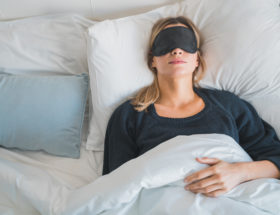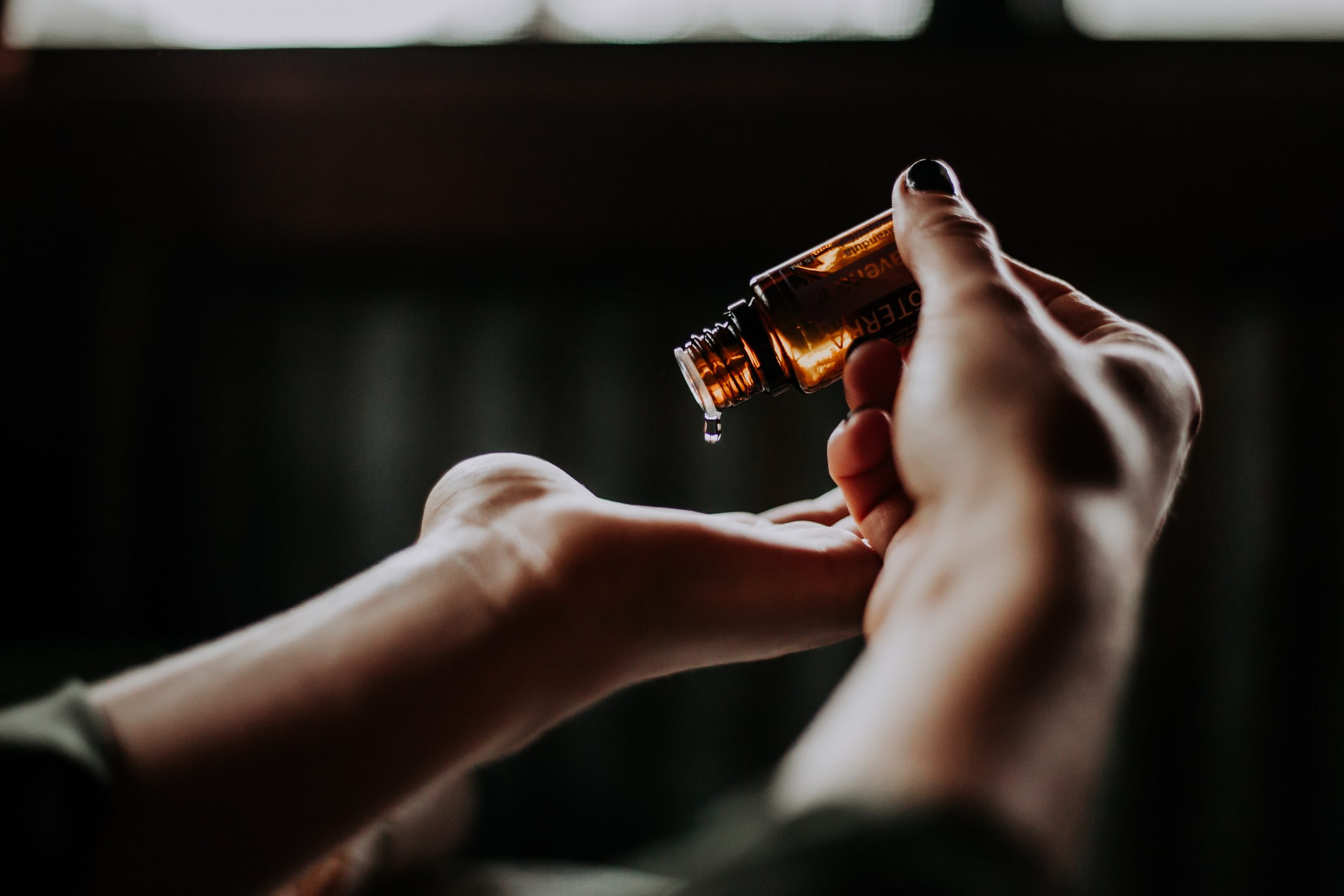Hard times and their timing can be pretty inconvenient. One day, everything is running smoothly, you’re feeling healthy and your relationships are thriving. Everything seems to be working for you without much effort. Then there those days when everything is on a constant downswing. Daily tasks feel like a struggle. You’re failing at your job. Money is tight and hard to come by. The list goes on and on.
The good news is, no situation is permanent. That’s the beauty of life—you can always expect the tide to shift. As you wait for the shifting tide, here are five practical things you can do to cope. Don’t let these hard times grind you down, there are ways out of the fog.
1. Living With Tinnitus

While there is no known cause for it, most tinnitus patients describe the tinnitus sound as a constant or occasional humming, buzzing, or ringing sound in the inner ear. If you experience these or any other symptoms of tinnitus, an otolaryngologist can help determine the cause of your tinnitus.
There are two known types of tinnitus: subjective tinnitus and objective tinnitus. With subjective tinnitus, only the patient can perceive the tinnitus sound, while with objective tinnitus other people (like your audiologist, for instance) can also hear the sound of tinnitus.
Exposure to loud noise, Meniere’s disease, age-related hearing loss, ear wax build-up, and damage to the ear canal are some of the underlying causes of tinnitus. Although living with tinnitus can be debilitating and frustrating, the right treatment can help you learn to drain out the sound of tinnitus.
It is important to note that tinnitus isn’t technically a disease, but a symptom of an underlying health problem. Because its cause is still unknown, there is still no known cure for tinnitus. Luckily, tinnitus treatment options such as alternative therapies (like acupuncture and hypnosis), hearing aids, sound masking devices, and behavioral therapies (CBT) can help you manage your symptoms.
2. Thriving During Menopause

Menopause is a biological process that occurs in women aged between 50 and 53. As women approach this age, low or fluctuating levels of estrogen and progesterone (reproductive hormones in women)lead to the cessation of the menstrual cycle. Menopause is declared when a woman fails to have a consecutive menstrual period for over a year.
Our bodies are different, and because of this, some women will experience premature menopause (early menopause) from as early as 45 or younger. When a woman enters menopause, there are up to 40 menopausal symptoms that she may experience. Due to differences in genetics and hormone levels, no two women will experience menopause symptoms and signs in the same way.
During menopause, most women will experience hot flashes, memory problems, night sweats, mood swings, irritability, insomnia, breast tenderness, weight gain, vaginal dryness, and urinary incontinence—to mention a few common physical symptoms. Although these symptoms can significantly affect your quality of life, there are simple ways of managing them.
First of all, change your diet. Seek out foods rich in vitamin D and calcium. Sometimes, the hormonal changes during natural menopause can weaken your bones, therefore putting you at risk for osteoporosis. However, a diet rich in calcium (like leafy greens, dairy, and whole-grain cereals) and vitamin D (like fish or eggs) can help prevent the bone loss that sometimes occurs during the time of menopause. Caffeine, spicy foods, and alcohol can trigger mood swings, hot flashes, and night sweats, so be sure to limit their intake.
Night sweats and hot flashes can be triggered by stress, so make sure you’re taking the time to relax. Relaxation techniques like yoga and massage therapy can help lower stress levels. If sleep problems are affecting your quality of life and causing fatigue, natural sleep aids and supplements rich in melatonin can help with this. Always consult your doctor before taking a supplement of any kind or trying out a new medication.
3. Overcoming a Substance Use Disorder

A 2017 study by the National Survey on Drug Use and Health found that nearly 20 million Americans were living with a substance use disorder in that year. Within that figure, nearly 74 percent of those adults specifically struggled with alcohol addiction.
While the main cause of alcohol and substance use disorders is still unknown, external factors like a difficult home environment, genetics, and peer pressure can predispose one to unhealthy substance use. If you or a loved one struggles with alcohol or substance abuse, a luxury rehab facility like The Hope House can offer you the help you need.
Luxury rehabs offer inpatient substance abuse treatment in a safe luxury environment. Beyond offering routine detoxification and rehabilitation processes, luxury rehab centers also have dual diagnosis treatment programs that treat co-occurring disorders such as mental health issues, and mood disorders. These addiction treatment centers also have a compassionate patient-centric approach to treatment, which means that your long-term recovery is their primary concern.
4. Managing Chronic Illness Flare-Ups

If you’re living with a chronic medical condition, chances are you experience occasional flare-ups. The pain from a chronic illness can be debilitating, and in the case of tuberous sclerosis, for instance, where cysts reoccur in the patient’s kidneys, a repeat abdominal care ultrasound may be required. When you’re in this much pain, regular trips to your doctor’s for a routine physical examination can be excruciating and time-consuming.
Luckily, handheld ultrasound machines have made it possible for patients with chronic conditions to receive remote patient care in the event of a medical emergency. Vave Health’s handheld ultrasound machine has introduced a new way to view and send your personal ultrasound. Using wireless technology and high-image-quality scans that can be paired with your smartphone, you can now send your ultrasounds to your doctor for a proper diagnosis from the comfort of your home.
5. New Hobbies

Gardening is good for your mental health and there a ton of studies to support this. One study found that people who suffer from anxiety, depression, and other mood disorders have found gardening and caring for plants to be incredibly beneficial to their recovery.
Gardening is a way of nurturing life and sometimes the simple pleasure of managing to keep a houseplant alive, or successfully replanting some root plants is enough to give us a sense of purpose.









